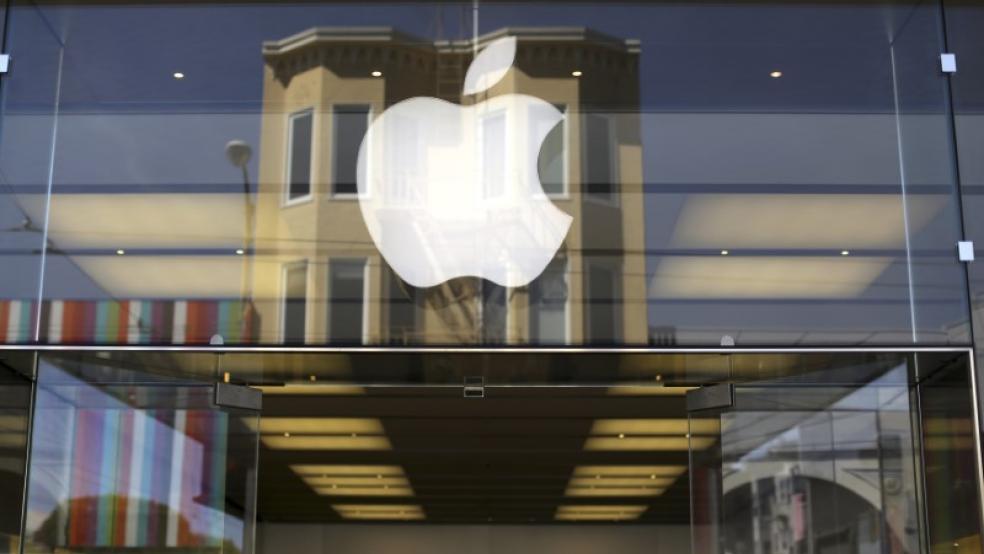Bloomberg’s Laura Davison looked at what some major American corporations did with the tax cut windfalls they received in 2018. How did Apple, Walt Disney, Visa International and Starbucks use their extra cash? “The short answer: to buy back shares,” Davison writes. “The long answer is slightly more nuanced, but not by much.”
Here are some highlights from Davison’s analysis, which you can read in full here:
* Apple announced it would spend $100 billion on buybacks in 2018, though its market performance has been mixed over the last year, due in large part to the tech giant’s weakness in China. Apple also announced that it will hire 20,000 new employees by 2023 and spend $1 billion on a new campus in Austin, Texas.
* Disney saw its effective tax rate fall from 32 percent to 11.3 percent, the biggest drop in the group. The company said it would increase capital spending by $842 million in 2018. Its share buybacks actually decreased, in part due to a pause related to its purchase of assets from 21st Century Fox.
* Visa boosted to its dividend payout by 22 percent, which Davison notes does little to promote a company’s growth. At the same time, Visa increased its match for employee retirement accounts.
* Starbucks’ founder Howard Schultz called the tax cuts “fool’s gold” but the firm used its windfall to triple its share buybacks nevertheless. Both dividends and capital expenditures increased modestly. The company also boosted employee benefits, including expanded parental leave.
Davison concludes that “At the end of the day (or rather, year), the law failed to live up to its proponents’ most optimistic promises of 4 percent economic growth, fueled by billions in new equipment purchases.” At the same time, continued job growth and rising wages mean that “it’s also clear that the detractors’ dystopian vision of chief executive officers lining their pockets while workers’ incomes stagnate hasn’t come to pass, either.”




